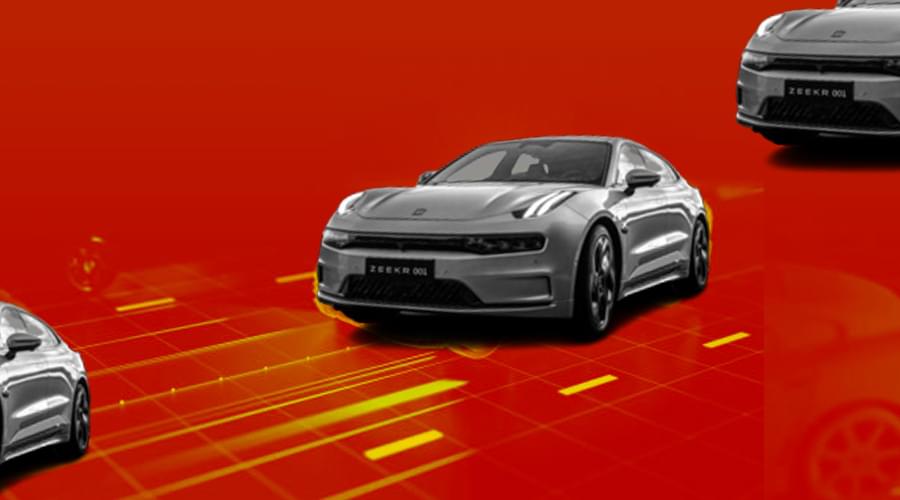Tool use has long been a hallmark of human intelligence, as well as a practical problem to solve for a vast array of robotic applications. But machines are still wonky at exerting just the right amount of force to control tools that aren’t rigidly attached to their hands.
To manipulate said tools more robustly, researchers from MIT’s Computer Science and Artificial Intelligence Laboratory (CSAIL), in collaboration with the Toyota Research Institute (TRI), have designed a system that can grasp tools and apply the appropriate amount of force for a given task, like squeegeeing up liquid or writing out a word with a pen.
The system, dubbed Series Elastic End Effectors, or SEED, uses soft bubble grippers and embedded cameras to map how the grippers deform over a six-dimensional space (think of an airbag inflating and deflating) and apply force to a tool. Using six degrees of freedom, the object can be moved left and right, up or down, back and forth, roll, pitch, and yaw. The closed-loop controller—a self-regulating system that maintains a desired state without human interaction —uses SEED and visuotactile feedback to adjust the position of the robot arm in order to apply the desired force.






